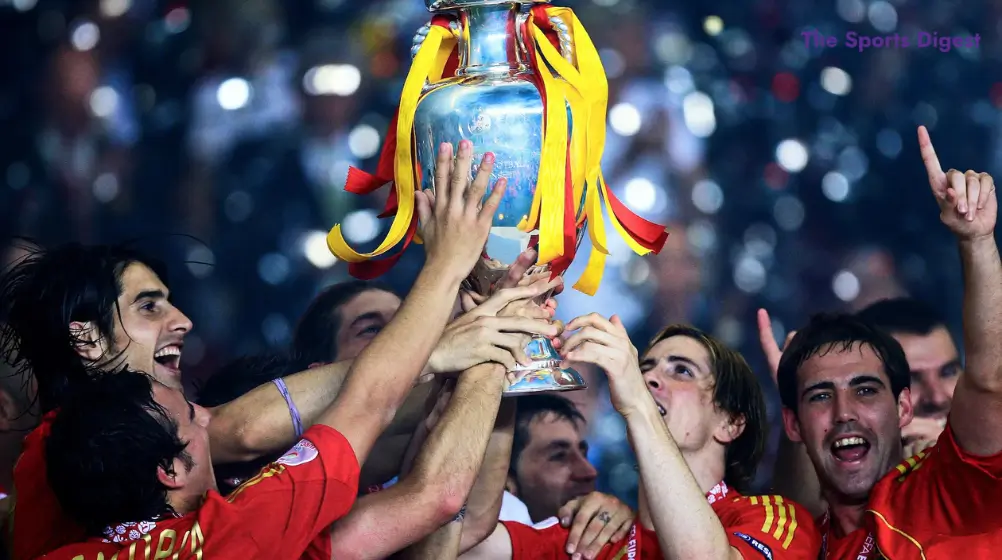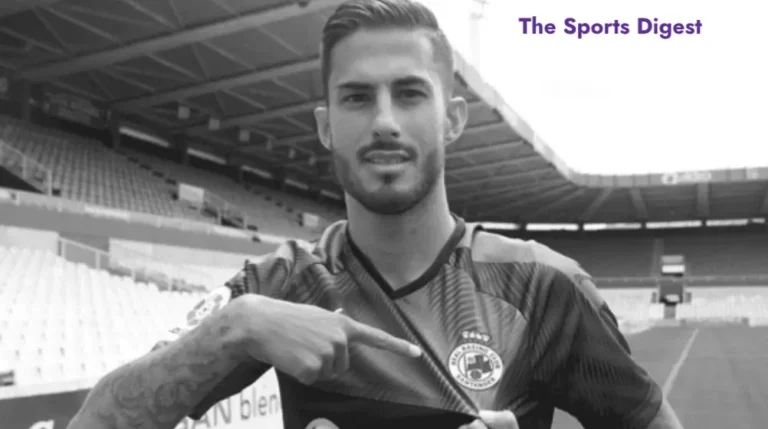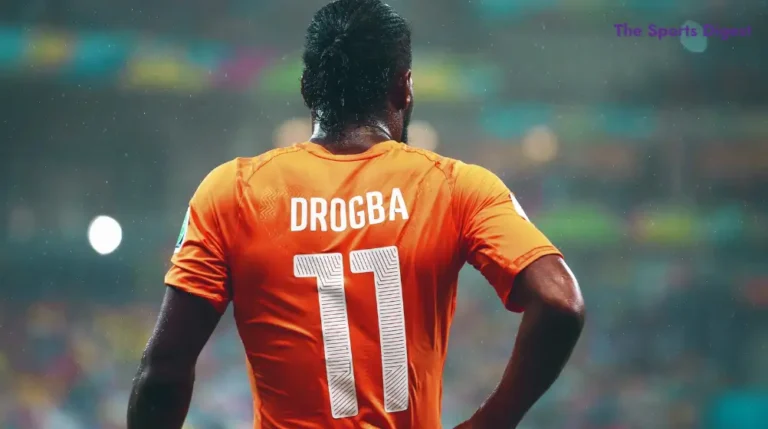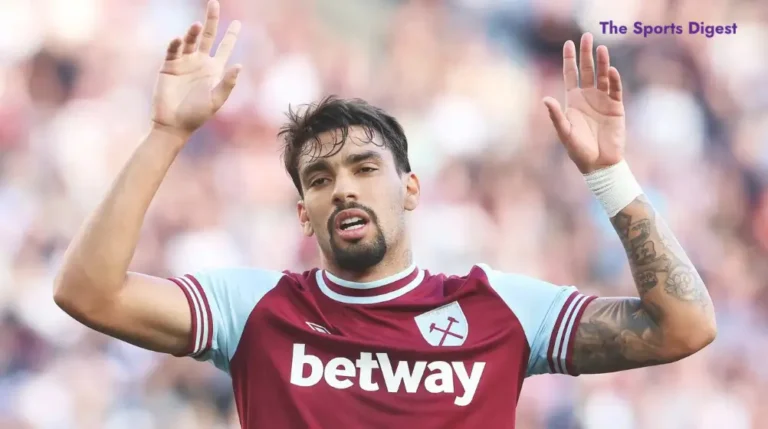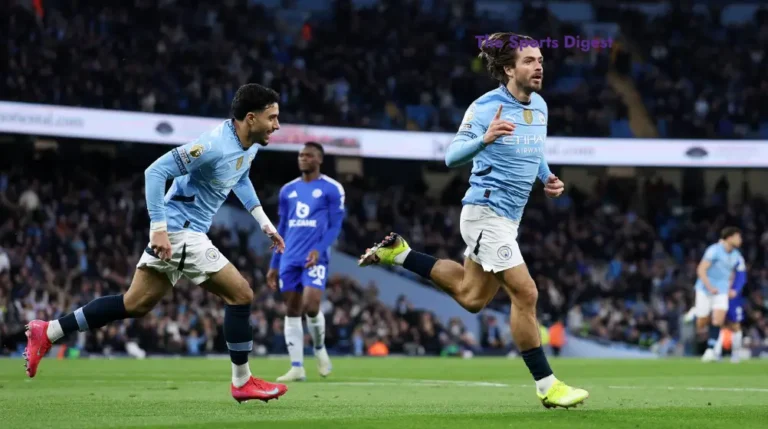Euro 2008: A Tournament of Thrills
Some football tournaments transcend mere competition, capturing the imagination with their energy, joy, and flair. Euro 2008 stands as one such gem – a tournament that delivered sensational shocks, captivating drama, and breathtaking football that reminded fans why they fell in love with the game. Set against the picturesque backdrop of Austria and Switzerland, this edition of the European Championship showcased footballing flamboyance and tactical innovation that would influence the game for years to come.
Table of Contents
Spain’s Ascendancy: A New Era of Dominance – Euro 2008
While many teams impressed during the tournament, one nation truly shone throughout: Spain. Their performances displayed a style and panache characterized by incisive speed and masterful ball control. Their approach valued purposeful possession over frantic endeavor – a philosophy that would soon lead to an unprecedented era of international dominance.
Greece had conquered Europe in 2004 through collective harmony, but Spain added precise technique, inventive creativity, perpetual movement, and devastating attacking prowess to make themselves simply irresistible in 2008. Their victory embodied everything that made this tournament special.
For years, Spain had underachieved on the international stage, consistently hindered by an excessive focus on individual talents rather than team cohesion. Enter Luis Aragonés, the unlikely revolutionary who transformed their fortunes. The veteran coach adopted a possession-based, quick-passing style inspired by Barcelona – a significant departure from their traditional “La Furia Roja” philosophy that had emphasized power and passion.
Perhaps Aragonés’ most controversial decision – omitting national icon Raúl from the squad – proved pivotal in enabling this new direction. Free from old hierarchies, Spain entered Euro 2008 riding a 16-game unbeaten streak and brimming with confidence.
Their opening 4-1 demolition of Russia, featuring a David Villa hat-trick, immediately dispelled any doubts about their credentials and showcased their attacking potency. Villa would go on to become the tournament’s top scorer with four goals. Notably, Spain developed a tendency for late goals – a testament to their ability to wear down even the most stubborn opposition.
The quarter-final against Italy represented a significant psychological hurdle. After a tense goalless draw, Spain finally overcame their historical struggles against the Azzurri, winning on penalties thanks to Iker Casillas’ heroics. Their semi-final rematch with Russia resulted in another dominant display, with a 3-0 victory in which Xavi emerged as the fulcrum through which everything flowed.
The final against Germany in Vienna saw Fernando Torres score the decisive goal in a performance where Spain demonstrated complete control. Their 1-0 victory was built on collective spirit and tactical innovation, marking the beginning of an era where Spanish football would reign supreme.
The Disappointments of the Hosts – Euro 2008
Tournament co-hosts Switzerland and Austria both struggled to make an impact. Swiss hopes were dealt a crushing blow when their talisman Alexander Frei suffered a tournament-ending injury during the opening match against the Czech Republic. Without their captain and record goalscorer, Switzerland lacked attacking initiative and exited early, despite earning a consolation win against Portugal’s second-string side.
Austria, arguably less well-equipped than their co-hosts, endured an early setback when they conceded a penalty in their first match against Croatia. Despite showing commendable effort, they failed to progress, their campaign memorable mainly for a draw against Poland and a narrow loss to Germany – a match where both managers were sent to the stands and Michael Ballack scored a thunderous free-kick.
Early Exits for Established Powers – Euro 2008
Defending champions Greece failed to recapture the magic of 2004, crashing out at the group stage without registering a single point. Similarly disappointing was France’s campaign. The 2006 World Cup finalists looked uninspired and desperately missed Zinedine Zidane’s influence. Thierry Henry’s considerable talents went largely wasted in a disjointed team setup. Coach Raymond Domenech’s bizarre post-elimination marriage proposal to his girlfriend on live television only emphasized how far they had fallen.
The Unpredictable and Dramatic Journey of Turkey
Few stories captivated audiences like Turkey’s astonishing progress through the tournament. Under the passionate but controversial coach Fatih Terim, they became synonymous with dramatic fightbacks and last-gasp goals.
After a disappointing start, their decisive group match against the Czech Republic produced one of the tournament’s most thrilling encounters. Trailing 2-0 with 15 minutes remaining, Turkey staged a remarkable comeback to win 3-2, with Nihat Kahveci scoring twice in the final four minutes.
Their quarter-final against Croatia brought even more drama. After conceding in the 119th minute, Turkey looked beaten until Semih Şentürk equalized with the last kick of extra time, setting up a penalty shootout victory. Their luck finally ran out in the semi-final against Germany when Philipp Lahm scored a 90th-minute winner in another roller-coaster match.
Remarkably, Turkey led for only six minutes across the entire tournament, yet their indomitable spirit and refusal to accept defeat made them one of Euro 2008’s most memorable teams.
The Netherlands: Early Promise, Quarter-Final Heartbreak
The flamboyant Dutch electrified the tournament’s opening week with their ruthless, attacking football. Their 3-0 dismantling of Italy and subsequent 4-1 thrashing of France announced them as serious contenders. Yet after resting players for their final group game, they faced a resurgent Russia in the quarter-finals.
Inspired by the returning Andrei Arshavin, the Russians matched the Dutch for skill and eventually triumphed 3-1 after extra time in a thrilling contest that showcased attacking football at its finest. The Netherlands’ campaign had burned brightly but ended prematurely.
Russia’s Impressive Run
Despite a heavy opening defeat to Spain, Guus Hiddink’s Russia recovered impressively to reach the semi-finals. Arshavin emerged as one of the tournament’s standout performers, his creativity and vision bamboozling opponents. Their exciting quarter-final victory over the Netherlands showcased their attacking intent and technical quality, though their run ended with another comprehensive defeat to Spain in the semi-finals.
A Tournament to Remember
Euro 2008 remains etched in memory as a competition characterized by attacking football and surprising results. Spain’s deserved victory represented the culmination of a bold change in approach – a demonstration that high-tempo, possession-based passing football combined with attacking precision and defensive discipline could conquer Europe.
Beyond Spain’s triumph, the tournament produced compelling narratives at every turn – from Turkey’s dramatic late shows to Russia’s renaissance under Hiddink. In an era often criticized for defensive football, Euro 2008 provided a refreshing reminder of the beautiful game’s attacking possibilities and laid the groundwork for tactical evolutions that would define the next decade of international football.
Have you ever read an article like this?
There are no reviews yet. Be the first one to write one.
